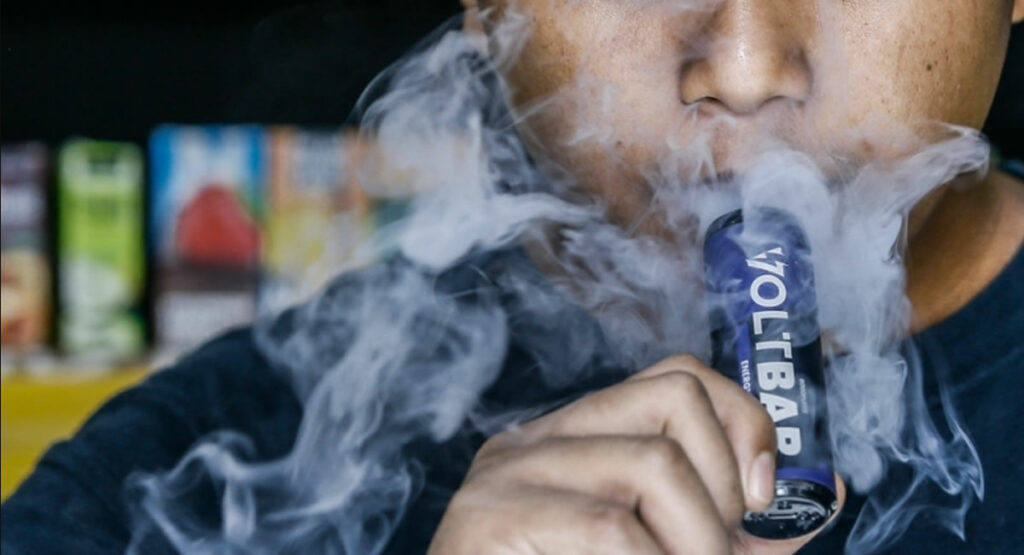The High Court today allowed three civil society groups to proceed with their lawsuit against Health Minister Dr Zaliha Mustafa and the Malaysian government. The groups aim to reinstate regulations on vaping products they say protect children.
Lawsuit Seeks to Classify Vape Liquids as Poisons Again
This morning, High Court judge Datuk Wan Ahmad Farid Wan Salleh granted leave for the Malaysian Council for Tobacco Control, the Malaysian Green Lung Association, and Voice of the Children Sdn Bhd to file for judicial review.
The groups’ lawyer, Edmund Bon, said the court’s approval came as the government did not object to the leave application. This allows the lawsuit to move forward.
Interim Order Sought to Ban Sales to Minors
The groups also seek an interim court order classifying vape liquids and gels as poisons again until the case is resolved. This would ban sales to minors.
Previously, vape liquids were listed as poisons, making sales to children illegal. But the health minister removed them from the Poisons List on March 31, 2022.
The groups say proper regulation of vape products containing nicotine prevents child access. They argue health risks to youth outweigh tax revenue gains.
Government Argues Against Interim Ban
The government contends special circumstances don’t justify an interim ban. It says bans equate to injunctions barred under Malaysian law.
The court will decide on September 5 whether to temporarily restore the vape liquid poison classification while the lawsuit proceeds.
Lawsuit Seeks to Restore Health Protections
Overall, the lawsuit aims to overturn the minister’s vape liquid declassification. The groups believe regulating vapes as poisons protects public health.
Key arguments include:
- Vape liquid access endangers children’s health and leads to teen addiction.
- Lack of nicotine regulation risks injuries and deaths linked to high-dose vape products.
- Healthcare costs will rise due to lung illnesses caused by uncontrolled vaping devices.
Government Wanted Vape Taxes
The groups allege the government’s motive was taxing vape liquids, which took effect April 1. The government claims taxes are now at risk if the court grants a temporary ban.
Malaysia faces rising youth vaping rates, especially without safeguards on sales and marketing. The groups hope the lawsuit forces reconsideration of regulations balancing child protection and tax policies.
- UK Announces Mandatory Vape Tax and Duty Stamps from 2027 - February 10, 2026
- Sri Lanka Travel 2026: Total Ban on Cigarettes & Vapes - February 5, 2026
- NY Tax Proposal: Hochul Targets ZYN with 75% Levy - January 29, 2026


